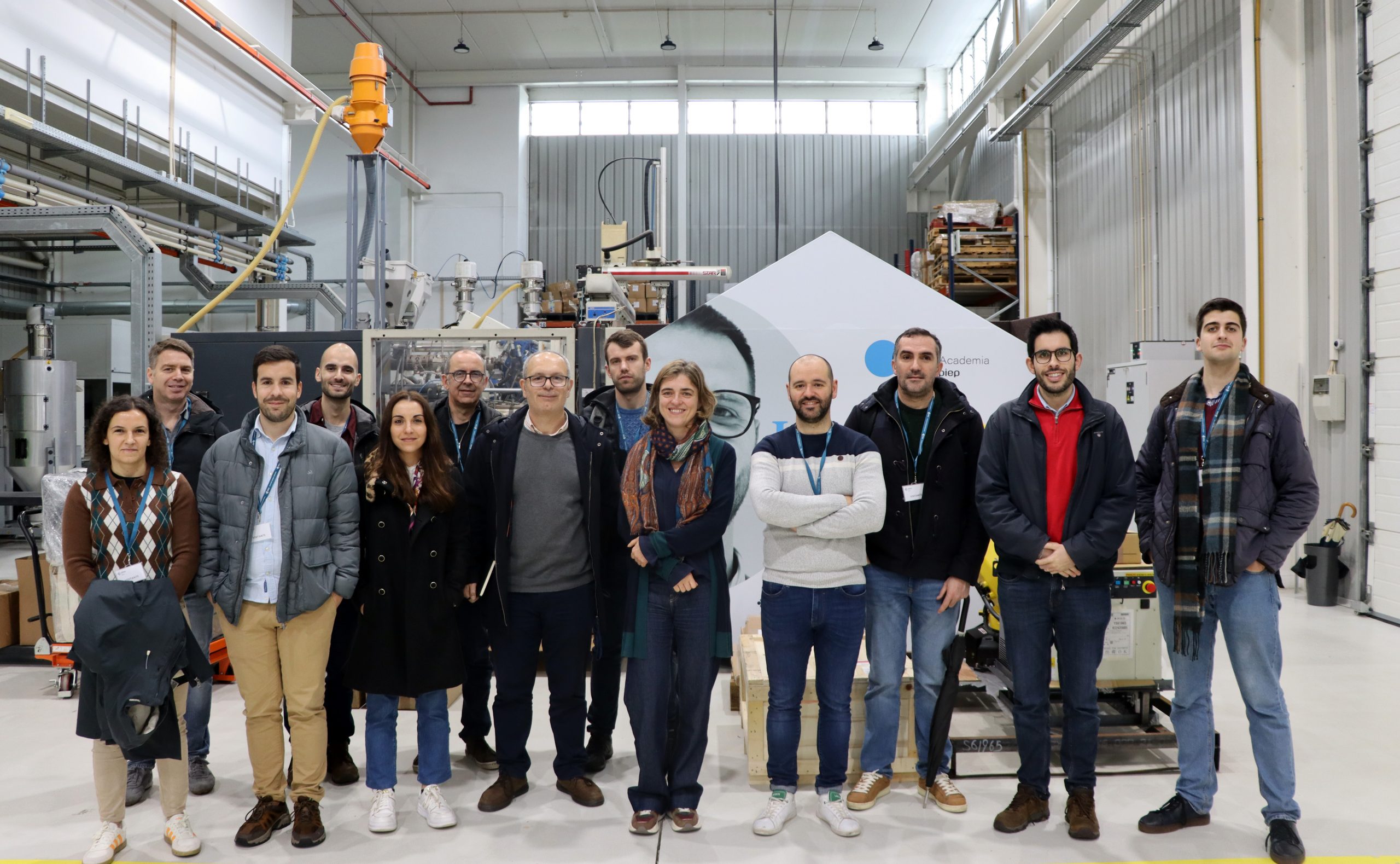
PIEP is developing a POWERPACK (Battery with built-in power electronics) box aimed at thermal management and weight reduction in next-generation batteries, which will be solid-state and recyclable. This work is part of the “New Generation Storage (NGS)” consortium, led by dstsolar which brings together 49 Portuguese companies and institutions for the sustainable manufacture and recovery of batteries, with 111 million euros of funding from the PRR until 2026.
The NGS project consortium met at PIEP to share developments, tour PIEP facilities, and align strategies to achieve project goals.
This cluster aims to transform the entire national value chain of battery component, pack, and recycling production, contributing to the complete electrification of the country’s mobility by 2035 and the European Union’s energy transition by 2040. Lithium-ion batteries are reaching their limit regarding cell voltage and fast charging rates. Next-generation solid-state batteries (generation 4b) could improve energy density, sustainable storage, and safety.
In addition to PIEP, different institutions linked to the University of Minho participate in the consortium, such as the Physics Center, the Institute of Polymers and Composites (IPC), the Laboratory of Landscapes, Heritage and Territory (Lab2PT), the Institute for Sustainability and Innovation in Structural Engineering (ISISE), and the Collaborative Laboratory in Digital Transformation (DTx).
Each NGS working group is responsible for constituting a part of the batteries, which will be tested in a pilot installation at the Center for Nanotechnology and Functional and Intelligent Technical Materials (CeNTI), in Vila Nova de Famalicão. The new batteries will be more sustainable, as they are solid and recyclable, reusing several components.

